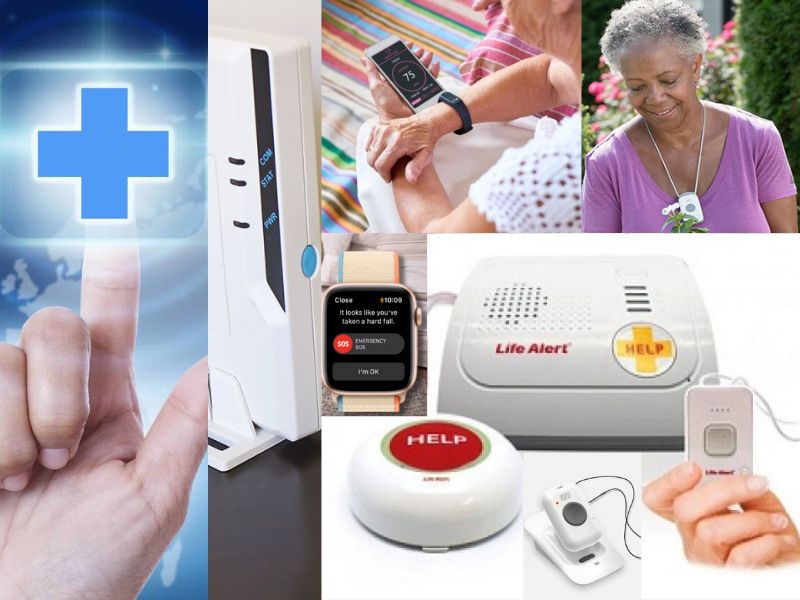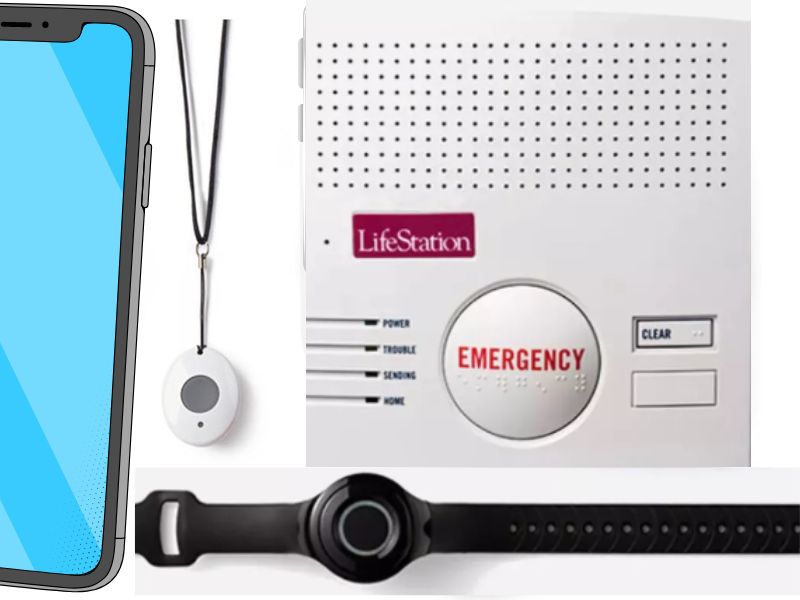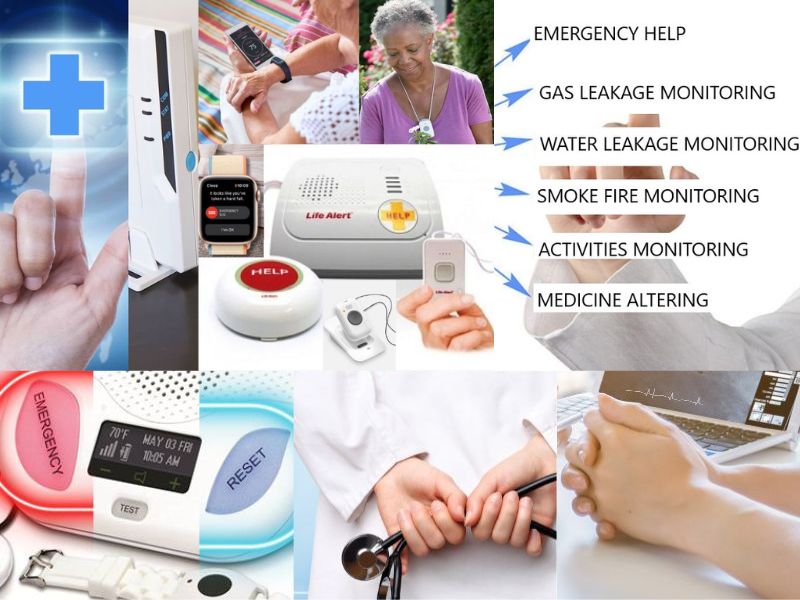Does United Healthcare Cover Medical Alert Systems?
Yes, United Healthcare may cover the cost of medical alert systems in some cases. However, coverage varies depending on the specific plan and policy. Some United Healthcare plans may offer a discount or partial reimbursement for the cost of a medical alert system, while others may cover the full cost as a preventative service.
To determine if your United Healthcare plan covers medical alert systems, it is best to check your plan documents or contact United Healthcare directly. You can also contact the medical alert system provider to see if they accept United Healthcare insurance and what coverage options may be available to you.

As we age, the risk of falls, accidents, and medical emergencies increases. This can be a source of concern for seniors and their families, who want to ensure their safety and well-being. Medical alert systems can provide peace of mind and a sense of security, allowing immediate assistance in an emergency.
Overview of United Healthcare
United Healthcare is a major healthcare insurance company that provides a variety of health insurance and healthcare services to individuals, families, and businesses. While United Healthcare does not offer medical alert systems directly, it does offer information and resources to help consumers choose the right medical alert system for their needs.
For example, United Healthcare provides information on the different types of medical alert systems, as well as the benefits and features of each. The company also offers guidance on comparing different systems and deciding which one to choose.
In addition, United Healthcare may offer discounts or incentives for medical alert systems as part of its health and wellness program. For example, some United Healthcare plans may offer discounts on medical alert systems for seniors or those with certain medical conditions. It’s important to check with United Healthcare to see what options and benefits are available to you and any terms and conditions that may apply.
Does United Healthcare Cover Medical Alert Systems?
Medical alert systems can provide peace of mind and a sense of security for seniors and their families. However, the cost of these systems can be a concern. The good news is that some health insurance providers, including United Healthcare, may cover medical alert systems as durable medical equipment (DME).
Medicare Coverage
Medicare, the federal health insurance program for people over 65, does not cover medical alert systems as standard equipment. However, some Medicare Advantage plans may include coverage for these systems as a benefit. If you are enrolled in a Medicare Advantage plan, you must check with your insurance provider to determine if medical alert systems are covered under your policy.

Medicaid Coverage
Medicaid is a joint federal and state program that provides health insurance to low-income individuals and families. Coverage for medical alert systems under Medicaid may vary by state. It is important to check with your state’s Medicaid program to determine if medical alert systems are covered in your area.
Insurance Policy Coverage
United Healthcare insurance policies may cover medical alert systems as durable medical equipment (DME). It is important to check with your insurance provider to determine if medical alert systems are covered under your specific policy. If your policy includes medical alert systems coverage, you will likely need to obtain a prescription from your doctor to receive reimbursement.
Factors to Consider when Selecting a Medical Alert System
When choosing a medical alert system, there are several factors to consider. These include cost, features, functionality, and home environment compatibility.
- Cost: This refers to the cost of the medical alert system, including the upfront cost of purchasing the equipment and any recurring monthly or annual fees for monitoring and response services. It’s important to consider the cost when selecting a medical alert system, as some systems can be expensive and may not fit within your budget. It’s also important to understand what you’re paying for and what you’ll get in return, as well as any potential hidden costs or fees.
- Features and Functionality: This refers to the specific features and functions that are included with the medical alert system. Some systems may have basic features, such as a call button and a speakerphone, while others may have more advanced features, such as GPS tracking and fall detection. Consider the features and functionality you need and any additional features that you might find useful.
- Compatibility with Home Environment: This refers to the compatibility of the medical alert system with your home environment, including the type of phone or internet connection you have, as well as any physical barriers or obstacles that might affect the signal strength or range of the system. It’s important to consider the compatibility of the medical alert system with your home environment, as some systems may not work well in certain environments or require additional equipment or modifications to be effective.
How to Choose the Right Medical Alert System for You

- Assess Your Needs: This involves taking an inventory of your personal needs, preferences, and lifestyle. Consider factors such as age, health condition, mobility, and living environment. This will help you determine what features and functions are important to you and which medical alert system will best fit your needs.
- Compare Different Systems: This involves researching and comparing different medical alert systems to determine which will best meet your needs. Look for systems that offer the features and functionality you require and those that are within your budget. Compare the cost, range, coverage area, and monitoring and response services offered by each system.
- Consult with Your Doctor or Health Care Provider: This involves seeking the advice and recommendations of your doctor or healthcare provider. They can provide valuable insights into your health and safety needs, as well as any specific medical conditions or medications that may affect the type of medical alert system you choose. They can also help you understand the importance of having a medical alert system and how it can benefit your overall health and well-being.
Conclusion
There you have it: a detailed run-down of what United Healthcare covers regarding medical alert systems. Ultimately, you must contact your insurance provider to inquire about coverage for a medical alert system. As always, read your policy carefully and contact your agent with any questions. And if you’re unsatisfied with your current policy, remember that there are plenty of other options.
